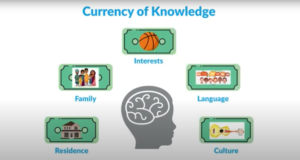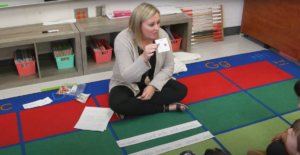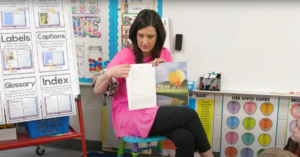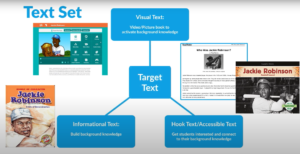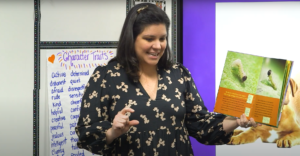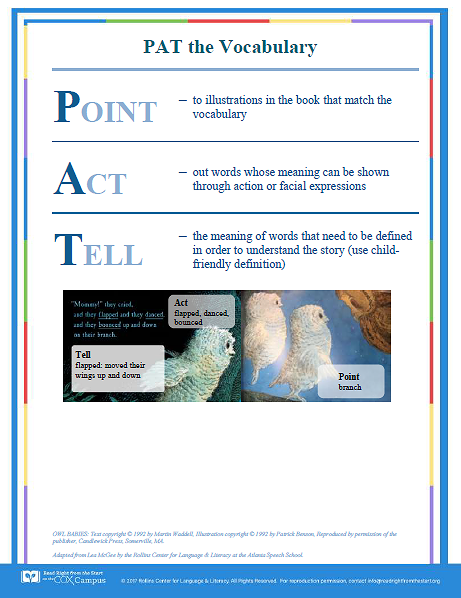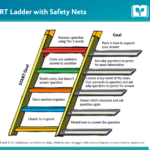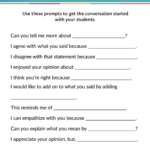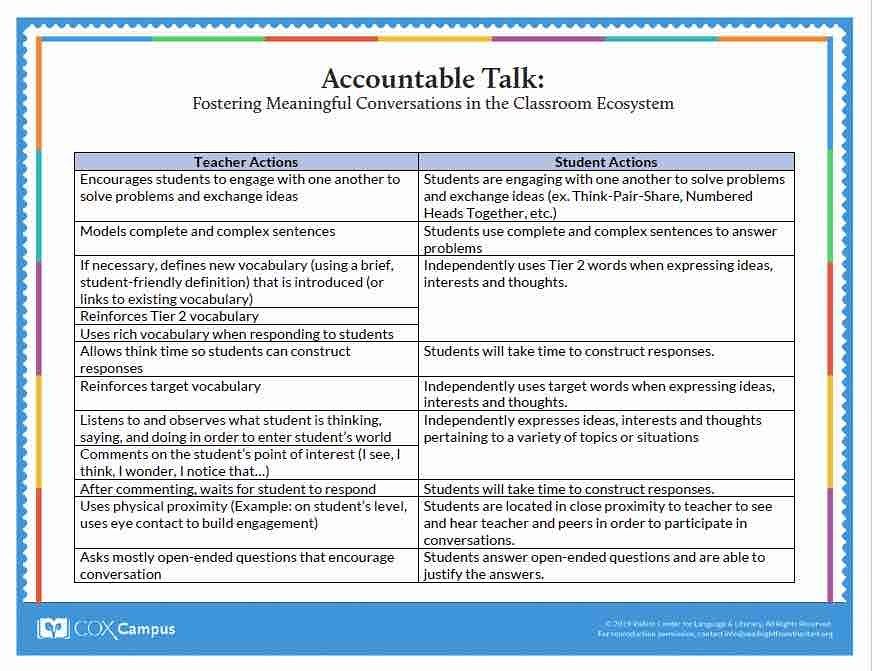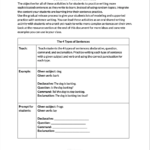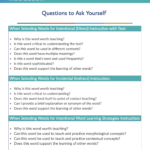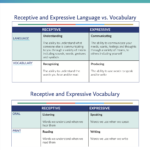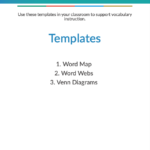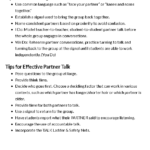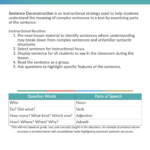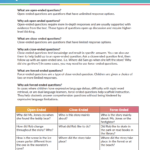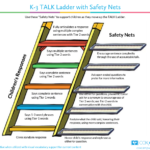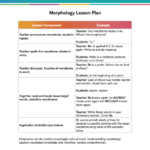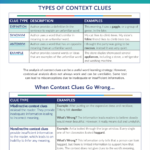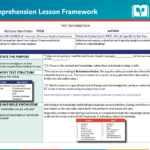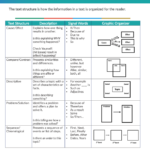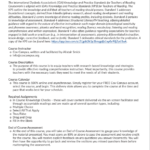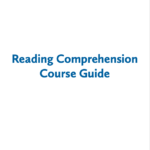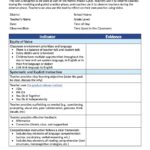Reading Comprehension
The purpose of this course is to equip teachers with the necessary knowledge and strategies to provide effective comprehension instruction. Most importantly, this course provides teachers with the tools to meet the needs of all of their students.
- Cost
- 100% Free
- Time to complete
- 4 hours
- K-3 Educators
- K-3 Administrators
- K-3 Stakeholders
- Learners will define reading comprehension and understand key research that underpins reading comprehension.
- Learners will be able to explain the connection between oral language and comprehension development.
- Learners will identify factors that contribute to deep reading.
- Learners will know classroom activities that promote the development of factors that contribute to deep reading.
- Learners will understand best practices for classroom instruction and be able to develop their own comprehension lesson plans.
How it Works
-
Learn at Your Own Pace
You don’t have to finish the course all in one sitting. In fact, we recommend you take this course a little bit at a time, incorporating what you’ve learned in the classroom.
-
Earn IACET CEUs
In order to pass and receive IACET CEUs for this course, you will first need to complete all the lessons, then complete the end of course assessment with a score of 80% or higher.
-
Free Guided Resources
As you go through a course, we’ll introduce you to free resources that will help you implement what you’re learning.
-
Never Learn Alone
Have a question on what you’re learning in the course or how to use a resource? Reach out to the Cox Campus community for advice or to lend a helping hand to others.
Lessons
-
Lesson 1

RC Lesson 1: Defining Comprehension
Duration 11 minutesIn this lesson, learners will understand the basics of reading comprehension. Learners will define the processes that must be in place for reading comprehension to occur. -
Lesson 2
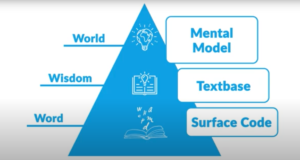
RC Lesson 2: The Process of Comprehension
Duration 16 minutesIn this lesson, learners will understand the process of reading comprehension and relevant theoretical models of reading comprehension. Learners will distinguish between the process and product of comprehension, identify the multiple levels of understanding, and ultimately understand how readers actively construct a mental model when reading text. -
Lesson 3
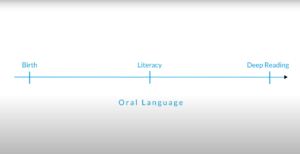
RC Lesson 3: Foundation of Language
Duration 10 minutesIn this lesson, learners will understand the connection between oral language and literacy development. Learners will be able to describe the role of oral language in reading comprehension and apply this knowledge to building oral language throughout the school year. -
Lesson 4

RC Lesson 4: Deep Reading Comprehension: Building Knowledge and Vocabulary
Duration 32 minutesIn this lesson, learners will discuss the role background knowledge and vocabulary play in deep reading and understand how they contribute to reading comprehension. Learners will be equipped with instructional practices to address these factors in their own classrooms. -
Lesson 5

RC Lesson 5: Deep Reading Comprehension: Sentence Comprehension and Verbal Reasoning
Duration 32 minutesIn this lesson, learners will discuss the role sentence comprehension and verbal reasoning play in deep reading and understand how they contribute to reading comprehension. Learners will be equipped with instructional practices to address these factors in their own classrooms. -
Lesson 6

RC Lesson 6: Deep Reading Comprehension: Text Structure, Writing, and Metacognitive Strategies
Duration 31 minutesIn this lesson, learners will discuss the role text structure, writing, and metacognitive strategies play in deep reading and understand how they contribute to reading comprehension. Learners will be equipped with instructional practices to address these factors in their own classrooms. -
Lesson 7

RC Lesson 7: Best Practices in Comprehension Instruction
Duration 33 minutesIn this lesson, learners will discuss best practices in comprehension instruction. They will learn how to use explicit instruction, complex texts, text sets, and graphic organizers to mediate the text and enhance their students’ reading comprehension. -
Lesson 8

RC Lesson 8: Roadmap to Reading Comprehension Instruction
Duration 34 minutesIn this lesson, learners will think through creating their own reading comprehension lessons in the classroom and review a tool to use when planning their lessons in order to address the various factors involved in deep reading. -
Lesson 9

Reading Comprehension End of Course Assessment
Duration 30 minutes
Your Facilitator

FAQs
The Rollins Center, of the Atlanta Speech School, in some cases, may allow an instructor, facilitator, content editor or a subject matter expert or consultant with proprietary interests to conduct professional development activities at Rollins events, provided that appropriate disclosure of such interest is made. Disclosure of proprietary interest will be made on course material and at the beginning of the course/learning event, when applicable.
